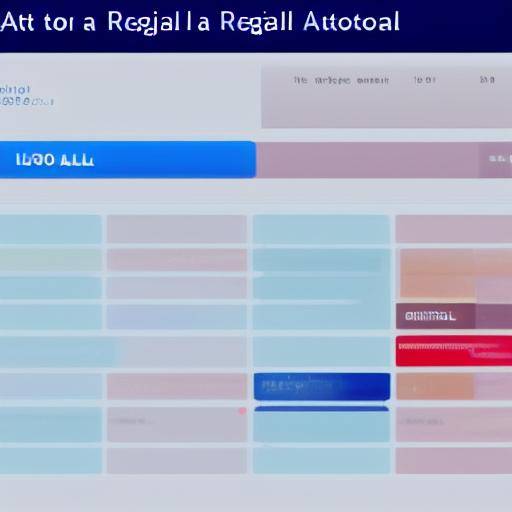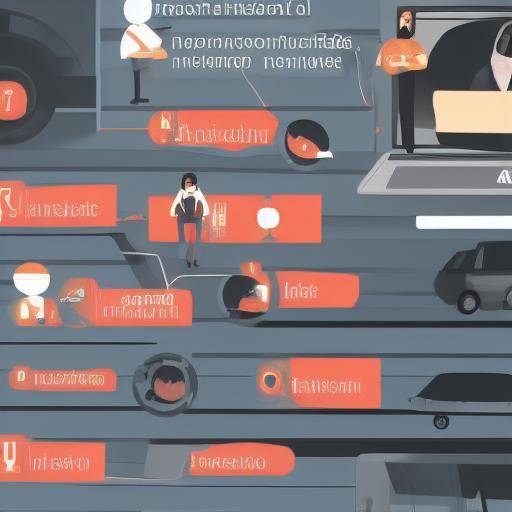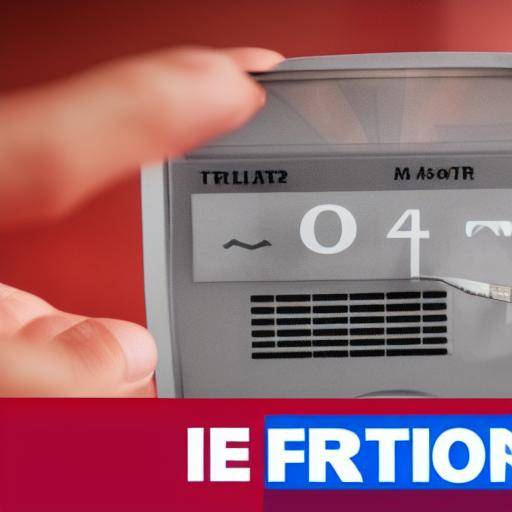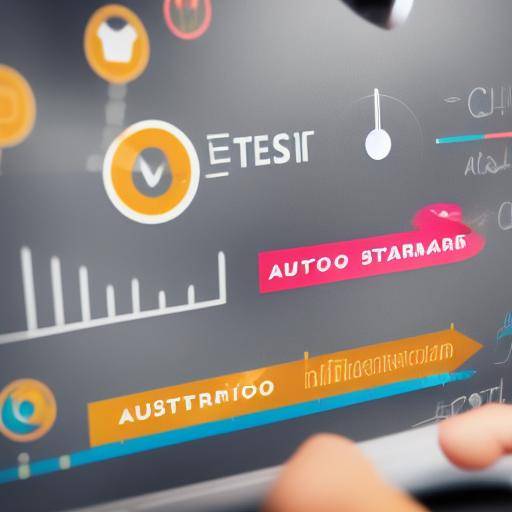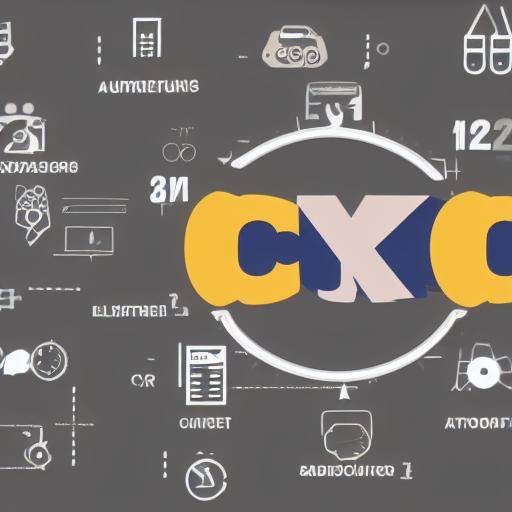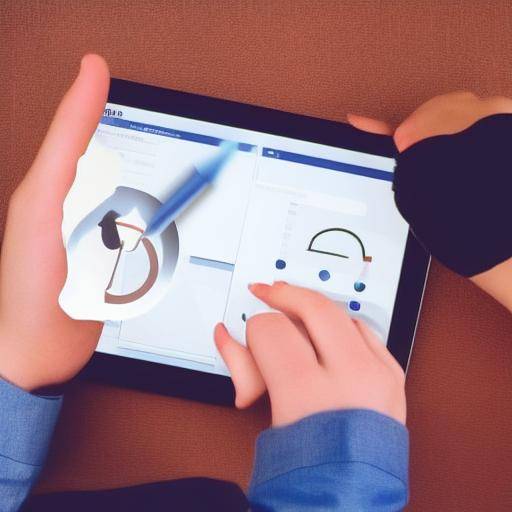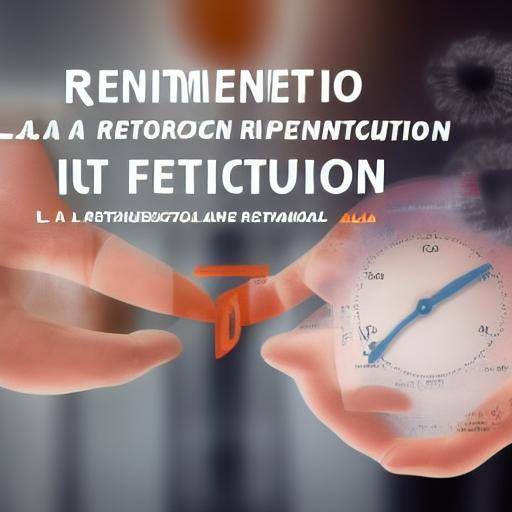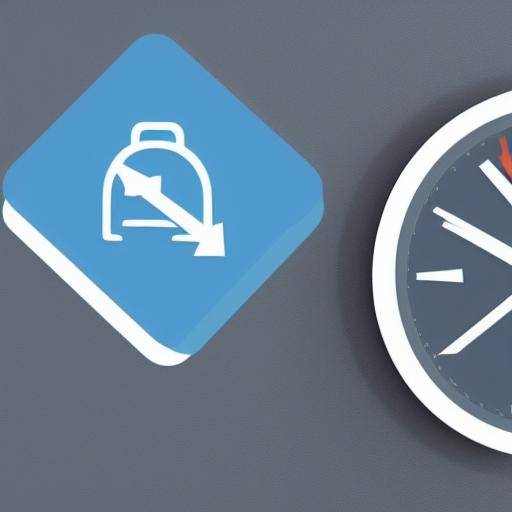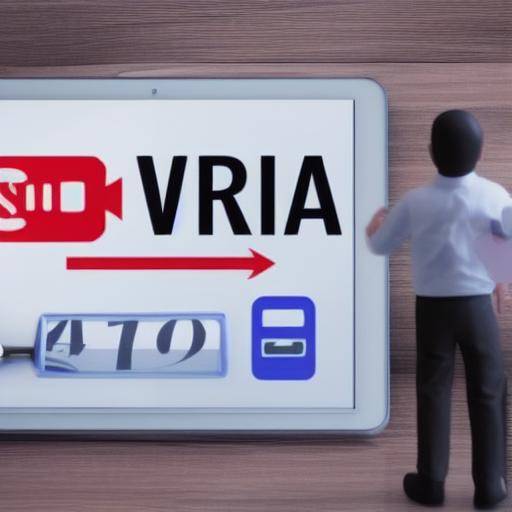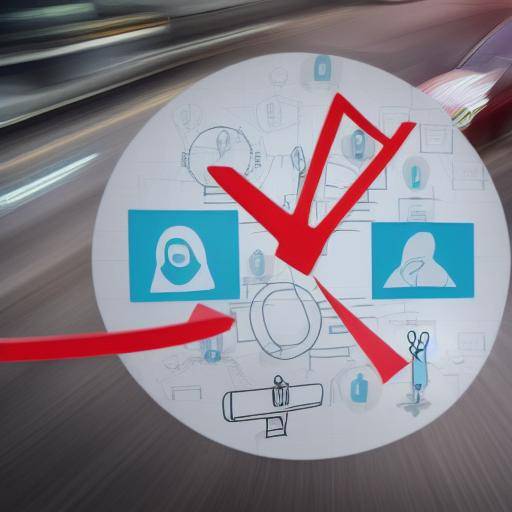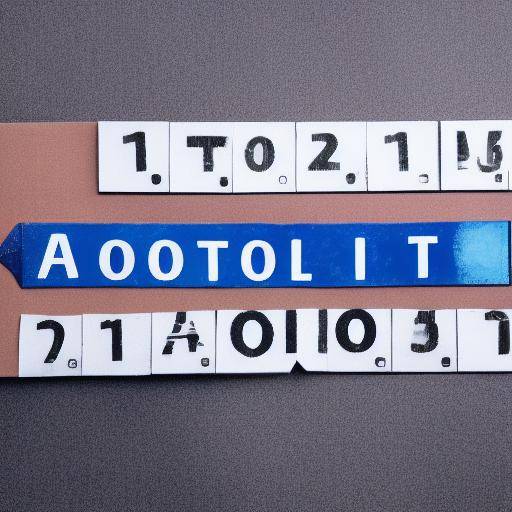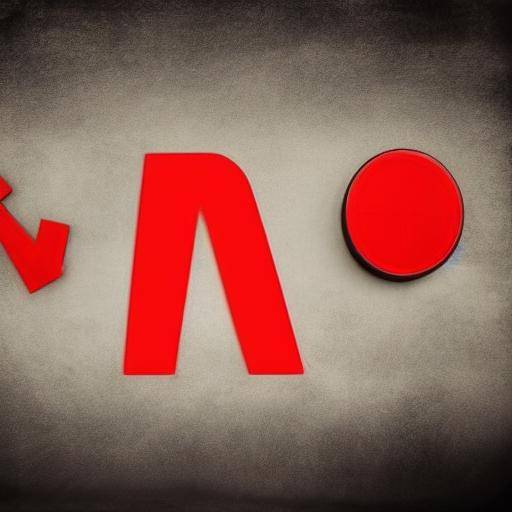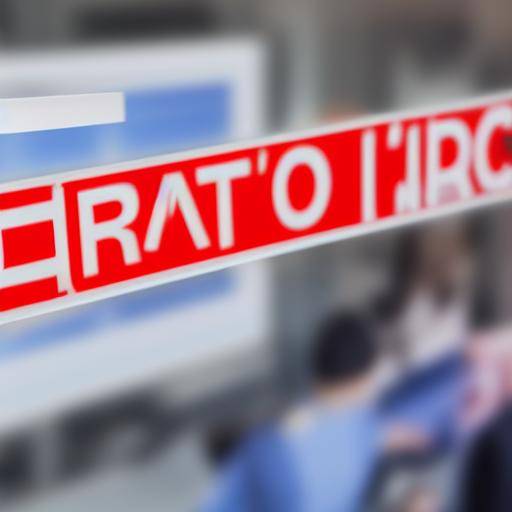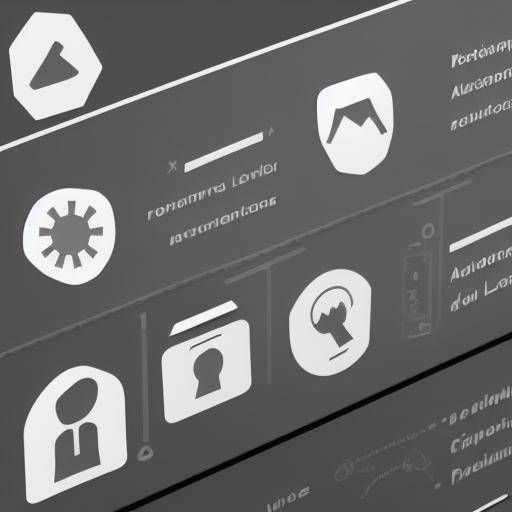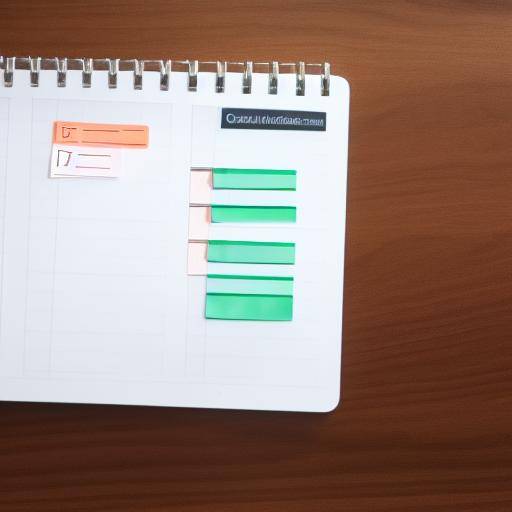
Labour stress is a reality that affects a large number of workers around the world. Constant pressure, the demands of the working environment and the difficulty in maintaining a balance between working and personal life contribute to the development of labour stress. In this context, self-evaluation has become a key tool for managing and mitigating this type of stress.
Exploring Self-Assessment and Impact on the Labor Environment
Labour stress is a phenomenon that affects workers in all sectors and hierarchical levels, and may have devastating consequences on health, well-being and productivity. However, self-assessment emerges as an effective strategy to address labour stress and promote personal growth and continuous improvement both at the personal and organizational levels.
In this article, we will explore in detail the positive impact of self-assessment on labour stress management, analyzing its history, benefits, challenges, practical applications and future trends. We will also address frequent questions related to self-assessment, labour stress and continuous improvement, providing detailed and insightful answers.
Evolution and Monitoring of Self-Assessment
Origins and Development
Self-evaluation has gained relevance in recent decades as a fundamental tool for personal and professional development. Originally developed in the field of education, self-assessment has expanded to other contexts, including the workplace. Over the years, it has evolved to become an integral method of assessing competencies, identifying areas of improvement and promoting personal growth.
During the 1960s and 1970s, self-assessment began to gain a leading role in educational settings, allowing students to reflect on their own learning and performance. As organizations began to recognize the importance of the well-being of their employees, self-evaluation was incorporated into the workplace as an effective tool for stress management.
Vigilance at the Modern Labor Environment
Today, self-assessment is widely used in companies to help employees become aware of their capacities, establish clear goals and develop strategies to achieve a balance between work and personal life. Self-assessment allows workers to identify sources of stress and develop customized action plans to mitigate it.
Benefits of Self-Assessment in Labor Stress Management
Self-consciousness and Reflection
Self-assessment promotes self-awareness, allowing individuals to identify their strengths and weaknesses. This self-consciousness is crucial to recognize the sources of stress and areas that require attention. Reflecting on self-performance helps employees better understand their reactions to stress and find ways to manage them effectively.
Continuous improvement
By identifying areas of improvement, self-assessment facilitates the establishment of realistic and attainable goals. This continuous improvement process helps employees feel more competent and prepared to face labor challenges, thus reducing stress associated with uncertainty and lack of control.
Empowerment and Control
Self-assessment empoderates employees by giving them control over their professional development. Feeling in control of their own growth and progress can significantly reduce stress levels, as employees can take proactive measures to improve their working and personal situation.
Challenges of Self-Assessment
Honesty and Objetivity
One of the main challenges of self-evaluation is the need to be honest and objective. Employees must be able to recognize both their successes and their failures without excessive self-complacence or self-criticism. Lack of objectivity can limit the effectiveness of self-evaluation as a tool for stress management.
Consistent implementation
For self-evaluation to be effective, it must be a constant and well integrated practice in organizational culture. Businesses must provide the time and resources necessary for employees to perform self-evaluations regularly and significantly.
Self-assessment Practices
Professional Development Programmes
Companies can incorporate self-assessment into their professional development programs, offering workshops and resources that teach employees how to evaluate themselves and use the results to improve their performance and manage stress.
Periodic assessments
Implementing periodic evaluations that include self-assessment components can help employees stay aware of their progress and development needs. These assessments can be part of annual or quarterly performance reviews.
Feedback and Mentorship
Combining self-assessment with feedback from supervisors and mentors can provide a more comprehensive and balanced perspective. Mentors can help employees interpret their self-assessments and develop effective action plans to manage stress.
Future Trends in Self-Assessment and Labor Stress Management
Digital Technology and Tools
The use of digital technologies and tools for self-assessment is increasing. Online applications and platforms can facilitate the self-assessment process, providing data-based analysis and recommendations to help employees manage their stress more effectively.
Holistic Approach to Welfare
The integration of self-evaluation into a holistic approach to well-being that includes physical, emotional and mental aspects is gaining popularity. Companies are recognizing that the well-being of employees is multifaceted and are developing programs that address all these dimensions in a comprehensive manner.
Organizational Culture of Support
Fostering an organizational culture that values self-evaluation and well-being can create a healthier and productive working environment. Companies are working to build support cultures where employees feel comfortable practicing self-assessment and seeking help when necessary.
Frequently asked questions
Self-assessment
- **What is self-evaluation in the labor context?**Self-assessment in the labor context is the process by which employees reflect on their own performance, identify their strengths and areas of improvement, and set goals for their professional development.
- **How can self-evaluation help manage labor stress?**Self-assessment helps employees identify sources of stress, develop strategies to deal with it and feel more in control of their work situation, which can significantly reduce stress levels.
Labour stress
- **What are the main causes of labor stress?**The main causes of labour stress include overwork, lack of control over work, contradictory demands, negative working environment and the imbalance between working and personal life.
- **What strategies can help reduce labor stress?**Effective strategies to reduce labour stress include self-assessment, time management, prioritization, social support search, and practice of relaxation techniques such as meditation and physical exercise.
Continuous improvement
- **What is continuous improvement and how does it relate to self-evaluation?**Continuous improvement is a systematic approach to constantly seeking ways to improve performance and efficiency. Self-assessment is a key tool in this process, as it allows individuals to identify areas of improvement and develop plans to achieve them.
- **How can companies foster continuous improvement among their employees?**Businesses can foster continuous improvement by providing training and development opportunities, implementing regular assessments that include self-assessment components and creating an organizational culture that values and rewards growth and continuous learning.
In short, self-evaluation is a powerful tool for managing labour stress. It promotes self-consciousness, continuous improvement and empowerment, which can lead to a significant reduction in stress and greater emotional well-being. Integrating self-evaluation into organizational culture and using it on a regular and effective basis can transform the work experience of employees, creating healthier and more productive working environments.

